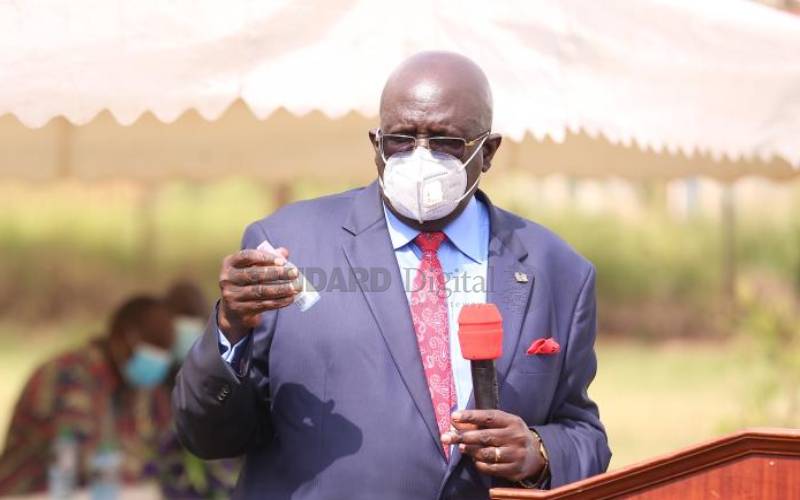×
The Standard e-Paper
Smart Minds Choose Us

President Uhuru Kenyatta recently unveiled the Competency-Based Curriculum (CBC) which will replace the decades-old 8-4-4 system. The need to recalibrate our education system cannot be gainsaid.
However, in addition, it is important to provide education that redresses historical disadvantages among marginalised communities.